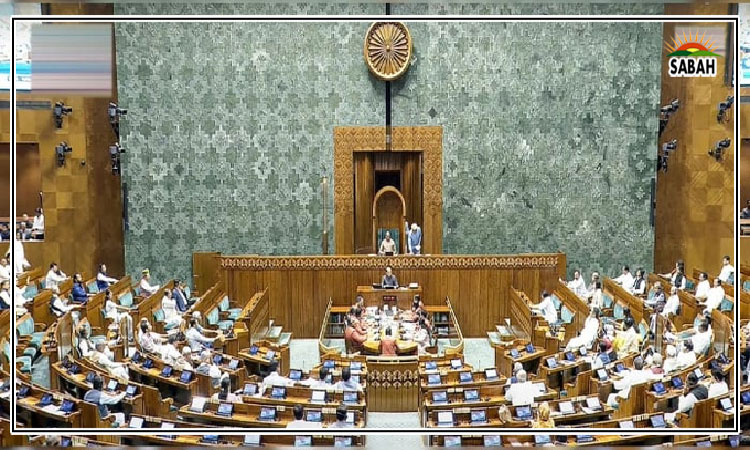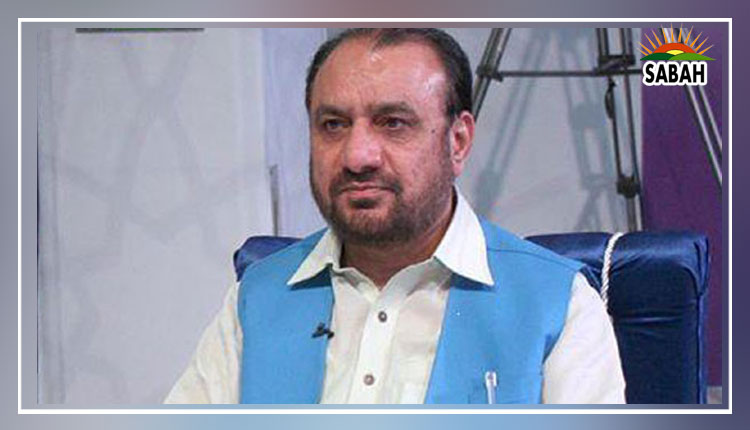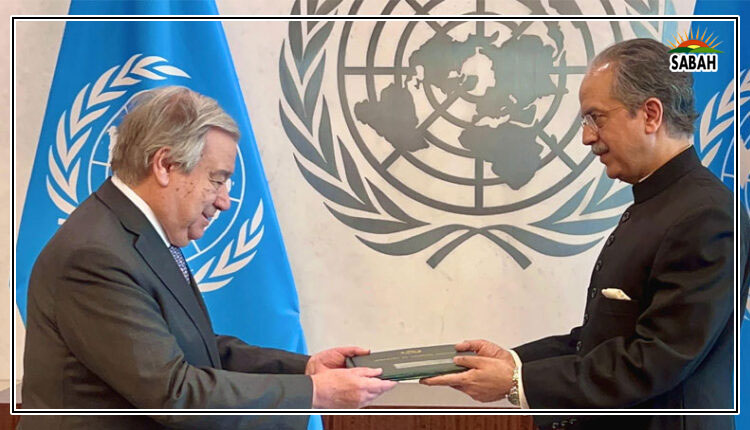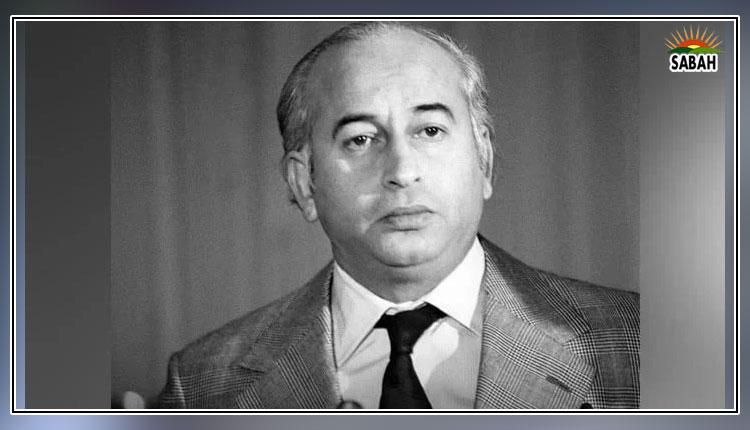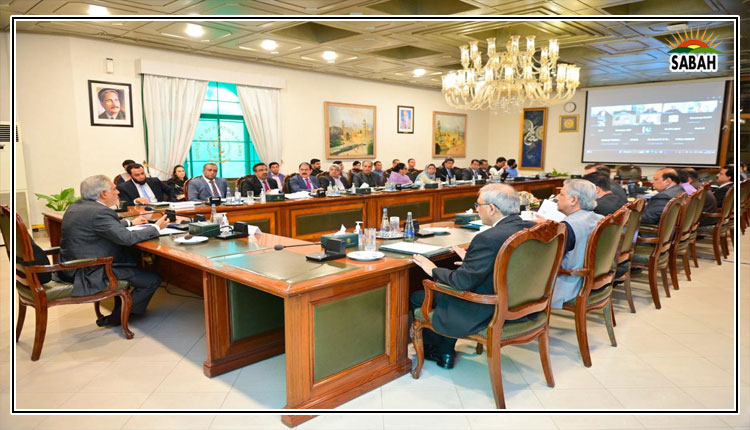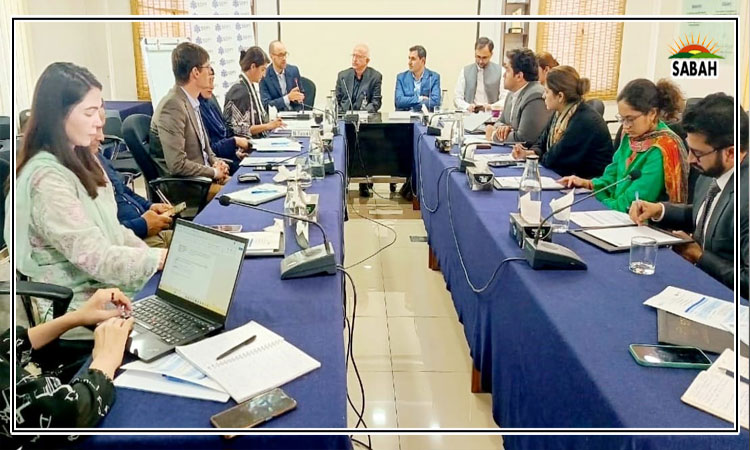SDPI, ILO host a ‘Validation Workshop’ that brings experts from development sector, industry & academia to deliberate on project outcomes & its impacts on textile & leather sector of country
ISLAMABAD, Oct 03 (SABAH): Pakistan is 9th largest exporter of textile products and 5th largest producer of cotton in the world. The textile sector comprises 60% of the country’s exports and account for 8.5% of the country’s GDP. The International Labour Organization (ILO) and the World Wildlife Fund (WWF), with financial assistance from the European Union (EU), has implemented an eight-year program 2016-2024 on the International Labour and Environmental Standards application in Pakistan’s Small Medium Enterprises (ILES).
The Sustainable Development Policy Institute (SDPI) and ILO hosted a ‘Validation Workshop’ that brought experts from development sector, industry and academia to deliberate on the project outcomes and its impacts on the textile and leather sector of the country. Guillermo Montt, Project Manager, ILO, Nawab Khan, GM, Artistic Milliners Pvt. Limited, Haroon Kabir, GM Plant, Sanjut Industries and Bilal Ahmad National Project Coordinator, ILO gave deeper insights of the ILES program while Dr. Fareeha Armughan (Head-Center of Evidence Action Research) SDPI, presented some of the key impacts of ILES.
The ILES project aimed at assisting public sector institutions in improving the enforcement of existing legislation and compliance with international labour and environmental standards in Pakistan, and enactment of new laws where it’s found necessary.
The project interventions helped in achieving positive impact on public institutions while establishing ILS Committees and strengthening Federal and Provincial Tripartite Committees. The project has also established a practice of regular reporting on ILS, based on the development of internal capacities within the MOPHRD and the provincial departments.
Through implementing ILO’s tool Sustaining Competitive and Responsible Enterprises (SCORE) in 50 selected enterprises in Punjab and Sindh, the project helped enterprises improved productivity, working conditions, and labour-management relations and also helped establish workplace OSH committees’ establishment.
Through collaborative efforts with industry stakeholders and government bodies, the project has enhanced productivity and working conditions and laid a foundation for sustained compliance and competitiveness. As Pakistan continues on its path of economic development, the outcomes of the ILES project stand as a testament to the positive impact of international cooperation in promoting sustainable practices within SMEs.


